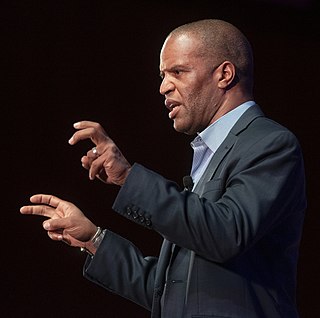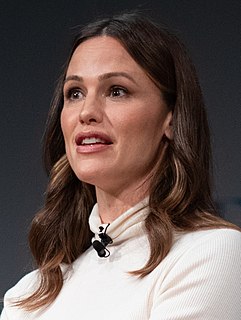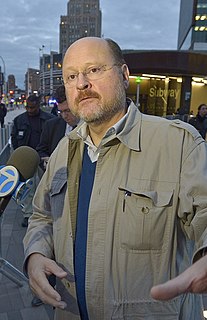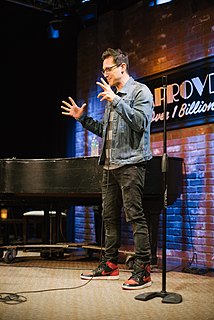A Quote by James McBride
My parents were nonmaterialistic. They believed that money without knowledge was worthless, that education tempered with religion was the way to climb out of poverty in America, and over the years they were proven right.
Related Quotes
It was a wonderful time to be young. The 1960s didn't end until about 1976. We all believed in Make Love Not War - we were idealistic innocents, darling, despite the drugs and sex. We were sweet lovely people who wanted to throw out all the staid institutions who placed money and wars above all else. When you're young you think that's how life works. None of us were famous, we were broke. We didn't think they'd be writing books about us in 30 years. We were just kids doing the right thing.
One of the most durable successes of the war on poverty was to dramatically reduce the number of elderly poor in America. That's still true today. But, by contrast, child poverty has shot up over the last few years: A decade ago, about 16 percent of children in America were poor - which is a shockingly high percentage. But it's not as shocking as today, when we see that 22 percent of kids live in poverty.
Education was a given, only because of the way I was raised. Truth be told, I thought, at 15 years old, I should go and get a record deal and drop out of school, and my parents would have had none of that. I'm grateful now that my parents were pushing me in that way, because I wasn't mature enough on so many levels to do that.
While my parents never had the time or money to secure university education themselves, they were adamant that their children should. In comfort and in love, we were taught the joys of knowledge and of work well done. I only regret that neither my mother nor my father could live to see the day I would accept the Nobel Prize.
Education and health were always matters of charity. You educated children and you helped the sick because they were good things to do, not because you were going to make money out of them. If you let the money-making principle, the profit-seeking motive, anywhere near education and health, things go bad.
When you are making a lot of money people forget you are trying to be creative and they picture you laughing all the way to the bank ... especially with an action script, automatically it gets boo-hooed as being worthless. It was very difficult to hear that sort of thing and I lost a good many friends over money issues because they didn't have money or their scripts weren't selling and mine were.
The people that did it the way they were supposed to do it, the way they were taught in school: save your money, so that when you retire.They get nothing. They have nothing. They were going to live off the interest of the money. They don't have money. And then on top of it you had the problems of nine years ago [in 2005] with the mortgages so half of them their houses have been taken away.
There was a commonality in a lot of the private school experiences that I had of children whose lives were not their own. They thought they were their own, but they were essentially gifted this life by their parents. So they were spending money; they were going on trips - I guess, in a way, it is their life, but they didn't earn it.






































